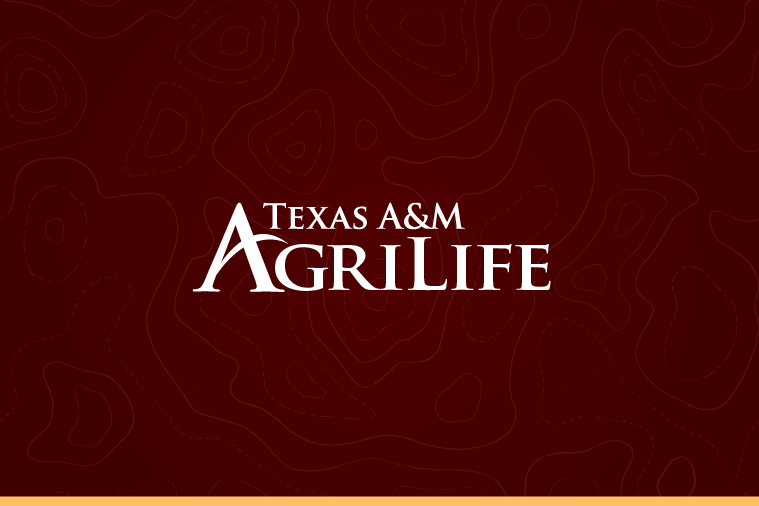The Texas Winter Garden region lives up to its name.
The region, which includes seven counties between San Antonio and Laredo, is home to some of the most intense horticultural production in the state.
The Winter Garden boasts some of the best-growing conditions for vegetable crops like spinach, potatoes, onions, cabbage and other greens, as well as fruits like watermelons, melons, specialty peppers, strawberries and pecans.
In recent years, producers have faced challenges from water availability, crop diseases and labor shortages. The Department of Horticultural Sciences in the Texas A&M College of Agriculture and Life Sciences is committed to helping horticultural operations navigate these challenges and find opportunities.
Texas A&M AgriLife Research scientists and Texas A&M AgriLife Extension Service specialists in the Department of Horticultural Sciences strive to develop and deliver research-based knowledge and advancements to improve growers’ competitive position globally through innovation and improved economic and environmental sustainability.
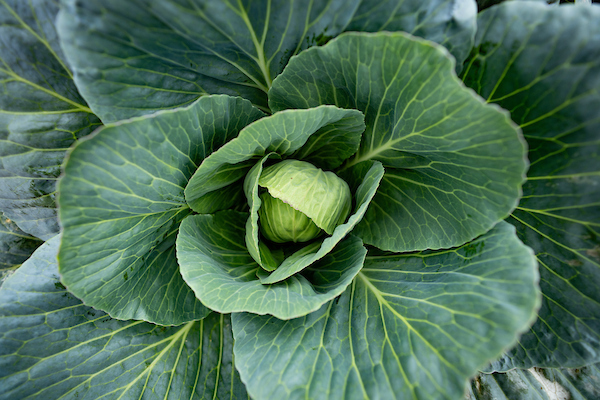
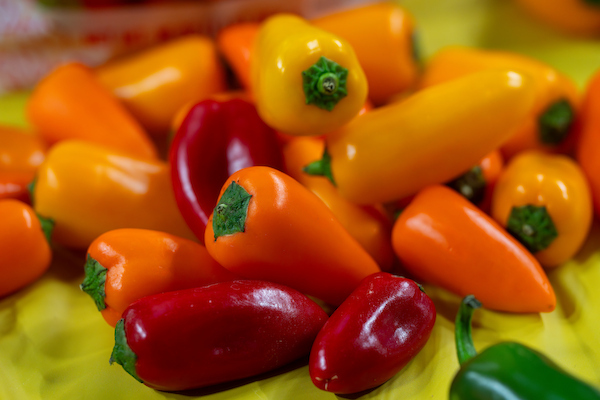
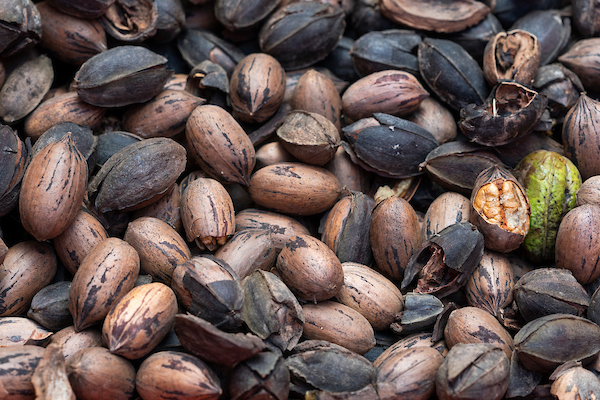
Leading horticultural research across the Winter Garden is the Texas A&M AgriLife Research and Extension Center at Uvalde. The center is one of 13 regional Texas A&M AgriLife Research and Extension Centers operated around the state to produce research and provide regionally specific expertise.
“Horticultural operations in the Winter Garden play a significant role in Texas’ fruit and vegetable productivity,” said Amit Dhingra, Ph.D., professor and head of the Department of Horticultural Sciences. “The department continuously seeks solutions and opportunities to improve the economic and environmental sustainability of the horticulture producers as they work to provide quality, nutritious produce.”
Collaborative science paves way to sustainable horticulture
Daniel Leskovar, Ph.D., center director and controlled environment horticulture lead at Uvalde and the Texas A&M AgriLife Research and Extension Center at Dallas, said research conducted at the Uvalde center is focused on impact.
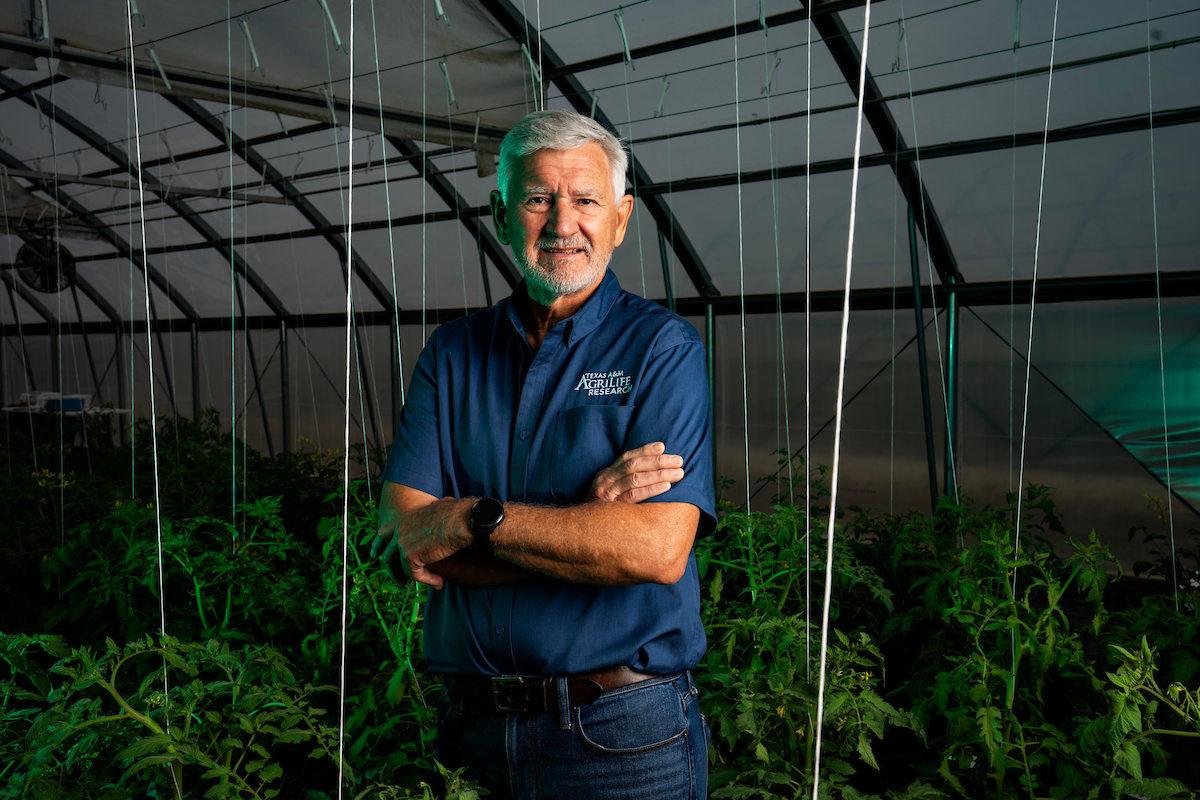
Leskovar said impactful research takes cross-disciplinary collaboration between scientists in the Department of Horticultural Sciences and others across the College of Agriculture and Life Sciences as well as other national and international institutions and agencies.
Department of Horticultural Sciences faculty, including Vijay Joshi, Ph.D., an associate professor and AgriLife Research plant systems physiologist, and AgriLife Extension horticulture specialists, professor and Regents Fellow, Larry Stein, Ph.D., as well as AgriLife Research scientist and vegetable breeder Subas Malla, Ph.D., are all based in Uvalde.
“Our research shows value in how it leads to sustainable, resilient horticultural systems,” he said. “That means fewer inputs like water to produce the food we need, how that food provides nutrition, the opportunity it gives the grower at market and all within the bigger- picture economic and environmental context of that crop making it from farm to fork.”
Holistic approach to stakeholder needs
Collaborative projects at the center span scientific fields as researchers seek solutions related to managing plants from seed to harvest.
Research led by Malla epitomizes collaborative science.
One of Malla’s studies is a $5.2 million project dedicated to mechanically harvesting sweet onions for the fresh market. The cross-disciplinary project melds machine engineering, best crop management practices and plant genetics in the search for a solution to an ongoing problem for producers – labor shortages.
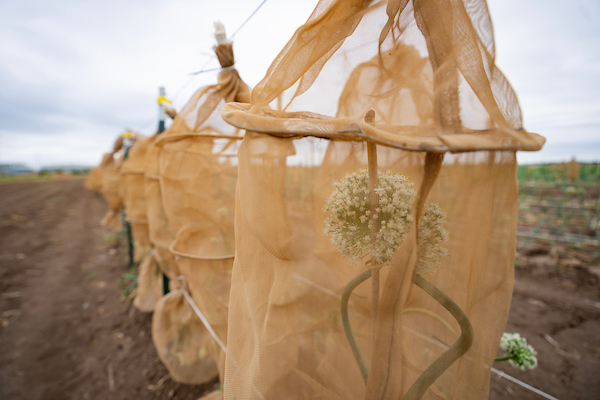
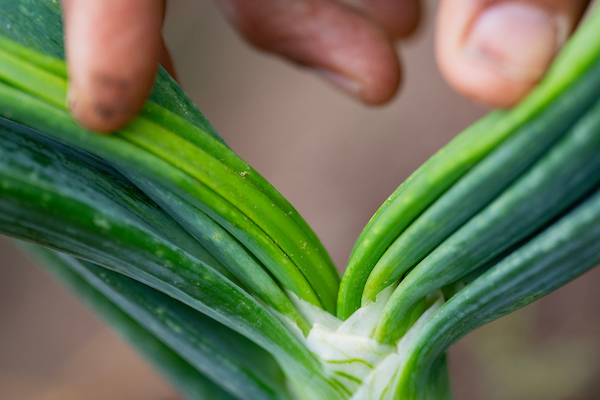
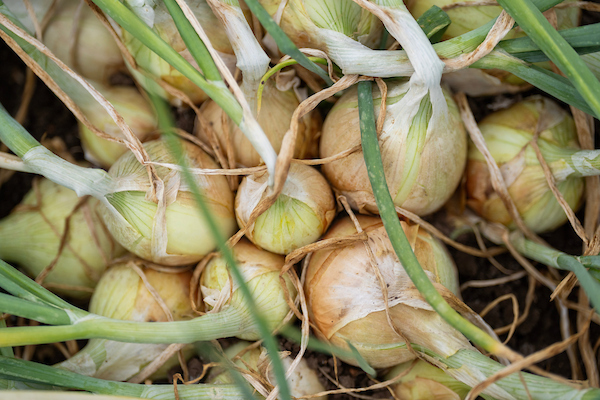
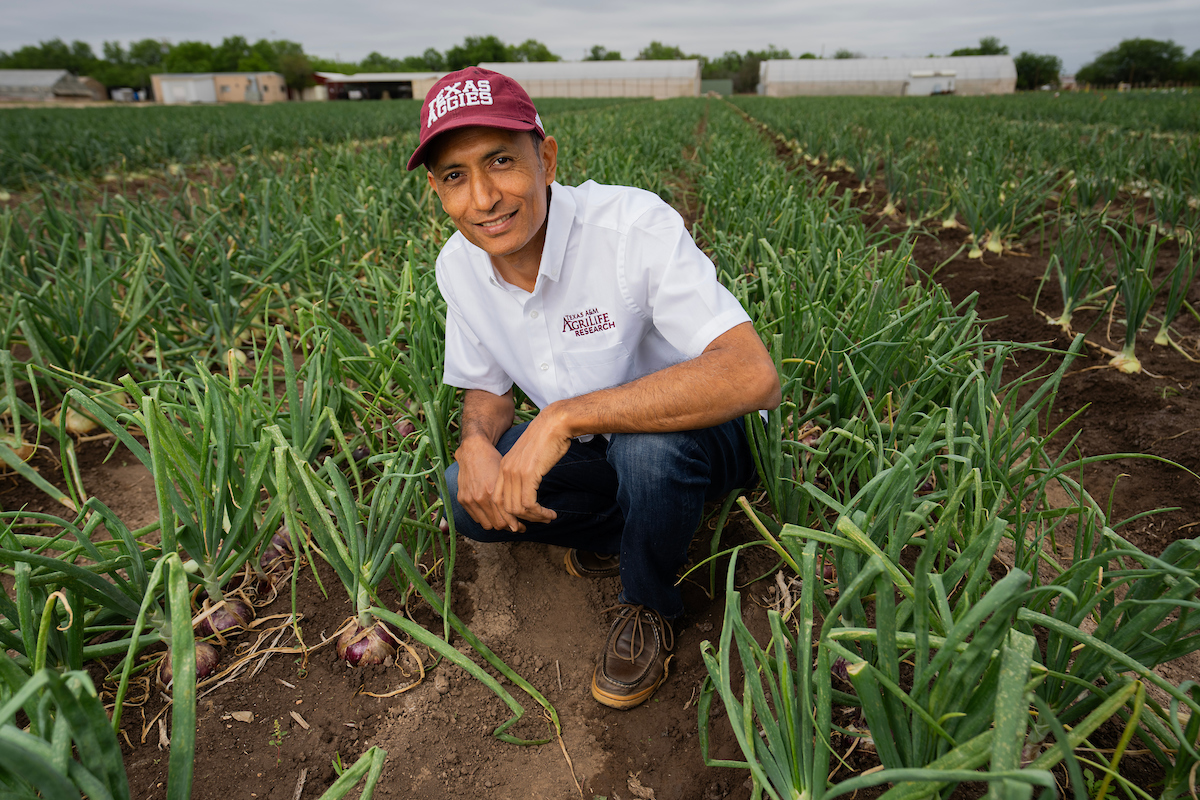
Malla collaborates with Stein, Juan Anciso, Ph.D., professor, Regents Fellow and associate department head, in Weslaco, along with Stephen Searcy, Ph.D., professor emeritus in the Department of Biological and Agricultural Engineering and Francisco Abello, Ph.D., AgriLife Extension economist in the Department of Agricultural Economics, Vernon.
“The project is a good example of a holistic approach to help producers adapt,” Malla said. “We’re very engaged with our stakeholders, and that helps us understand their needs and how we might address them with science and technology.”
Horticultural science continues to evolve
Leskovar is involved in several innovative projects. They vary, but their goal is to improve the production and fruit quality of high-value crops like tomatoes and peppers.
One project tests how grafting plant cultivars can reduce the impact of pests and diseases and improve their tolerance to stresses like drought and heat. Another investigates how plants perform in different production settings, including open fields, hydroponic systems or high tunnel hoop houses.
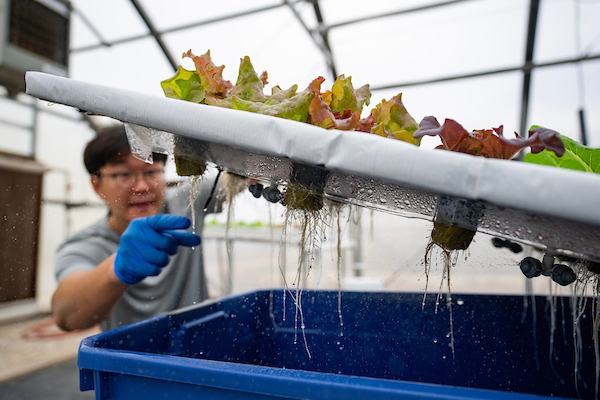
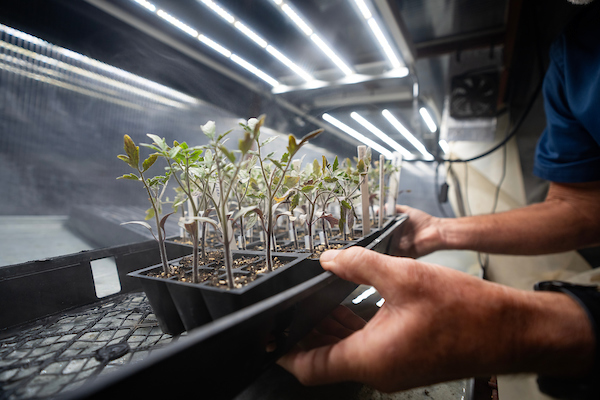
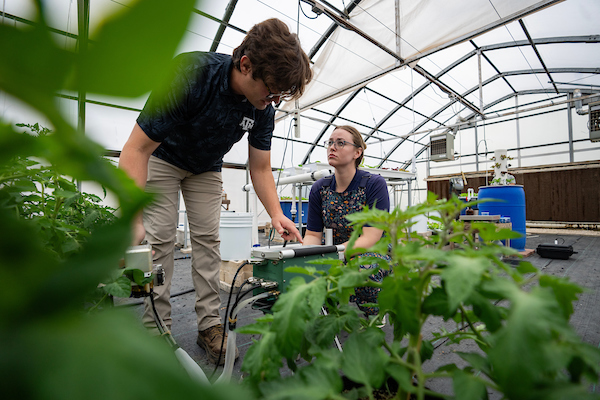
Optimizing crop productivity and the use of resources like water is a critical piece of research, Leskovar said. Shifting climatic conditions in recent decades are adding to crop stresses like heat, drought and water availability. That’s why breeding vegetables and fruits that perform well in the heat and use water more efficiently is an important research component.
Researchers like Leskovar and others at the center continue to push the bounds of horticultural science throughout the food chain from plant protection, crop productivity and even post-harvest food safety. The synergistic approach to scientific solutions ensures that consumers have access to safe, nutritious and reliable horticultural produce from the Winter Garden and around the state.
“This type of research is a very dynamic, never-ending process,” Leskovar said. “Producing food is challenged by weather, diseases, pests and other factors. But it’s also highly rewarding because fruits and vegetables are essential in human health and nutrition, and our efforts are directly linked to the consumer’s table.”




